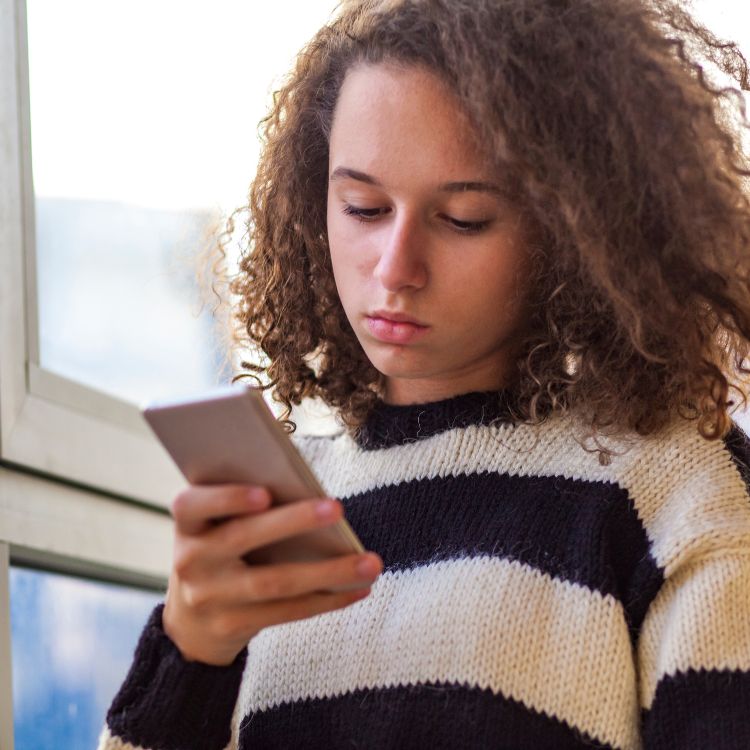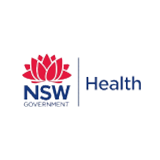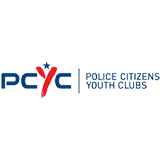PRIORITISING PERSONAL SAFETY FOR YOUNG PEOPLE THROUGH EDUCATORS
Educators play a vital role in equipping young people with personal safety knowledge and exploring the right teaching strategies can be a turning point.
Empowering Young Australians with Personal Safety Skills
Personal safety education for young people is a multifaceted issue that extends beyond traditional classroom settings. As educators in Australia, you have a unique opportunity to shape mindsets and instil essential life skills in students, equipping them to navigate various situations confidently and safely.
In today’s rapidly evolving world, young individuals face numerous challenges, from online risks to physical threats. Providing them with a comprehensive understanding of personal safety through youth safety programs and similar resources empowers them to make informed decisions and respond appropriately to potential dangers.
Young Australians And Personal Safety: Is It An Important Issue?
23% of young people were extremely or very concerned about their personal safety (Mission Australia 2023)
Since the age of 15, 8 million Australians have experienced some form of violence. (Australian Bureau of Statistics 2022)
There were 170,200 notifications of suspected child abuse or neglect in Australia, with educators being among the primary reporters (AIHW 2020)
Teaching Personal Safety: A Holistic Approach
Ensuring personal safety for young people is a collective responsibility, and educators are at the forefront of this crucial endeavour.

Fostering Self-Awareness and Assertiveness
Encourage students to trust their instincts and speak up when they feel uncomfortable or threatened. Teach them assertive communication techniques to set boundaries and stand up for themselves. Role-playing exercises and scenario-based learning can be effective in helping young people develop these skills. Additionally, promoting self-confidence and self-esteem can empower them to advocate for their safety without hesitation.

Recognising Potential Risks
Educate young people about identifying potential risks in different environments, such as online platforms, social settings, and public spaces. Talk about the importance of situational awareness. This includes teaching them how to recognise warning signs, trust their gut feelings, and develop strategies for removing themselves from potentially dangerous situations. Examples and case studies can help reinforce these concepts.

Building Resilience and Coping Strategies
Equip students with coping mechanisms and stress management techniques to handle challenging situations effectively. Promote positive self-esteem and emotional regulation skills to enhance their overall physical and mental well-being. Introducing mindfulness practices, teaching problem-solving approaches, and providing access to counselling services can contribute to developing strong resilience and healthy coping strategies.

Promoting Healthy Relationships
Address the importance of healthy interpersonal relationships and guide them on how to recognise signs of abusive or manipulative behaviour. Emphasise the value of respect, consent, and open communication in all relationships. Start discussions based on the importance of setting boundaries, identifying red flags, and seeking support when needed to help young people navigate every type of relationship safely and positively.
What Our Community Says About Us
Our Partners





Teaching Personal Safety For Young People: How Youthsafe Makes An Impact
At Youthsafe, we use our award-winning in-person and online training programs and evidence-based resources to help young people and their key adult influencers for safer outcomes.
Young individuals are at higher risk of injury and that’s why we concentrate on ensuring safety in four key settings: socialising with friends, during work activities, travelling on roads, and participating in sports. We offer several programs and resources tailored for educators, coaches, parents, supervisors, and youth to make their safety a priority.
FAQs
Educators should approach sensitive topics with empathy, respect, and appropriate guidance. It is crucial to create a safe and inclusive learning environment where students feel comfortable discussing their concerns. Collaborating with relevant experts or organisations can also provide valuable support.
Parents and caregivers play a vital role in reinforcing personal safety concepts and practices at home. Educators should encourage open communication and provide resources to support families in continuing these conversations and implementing safety measures.


